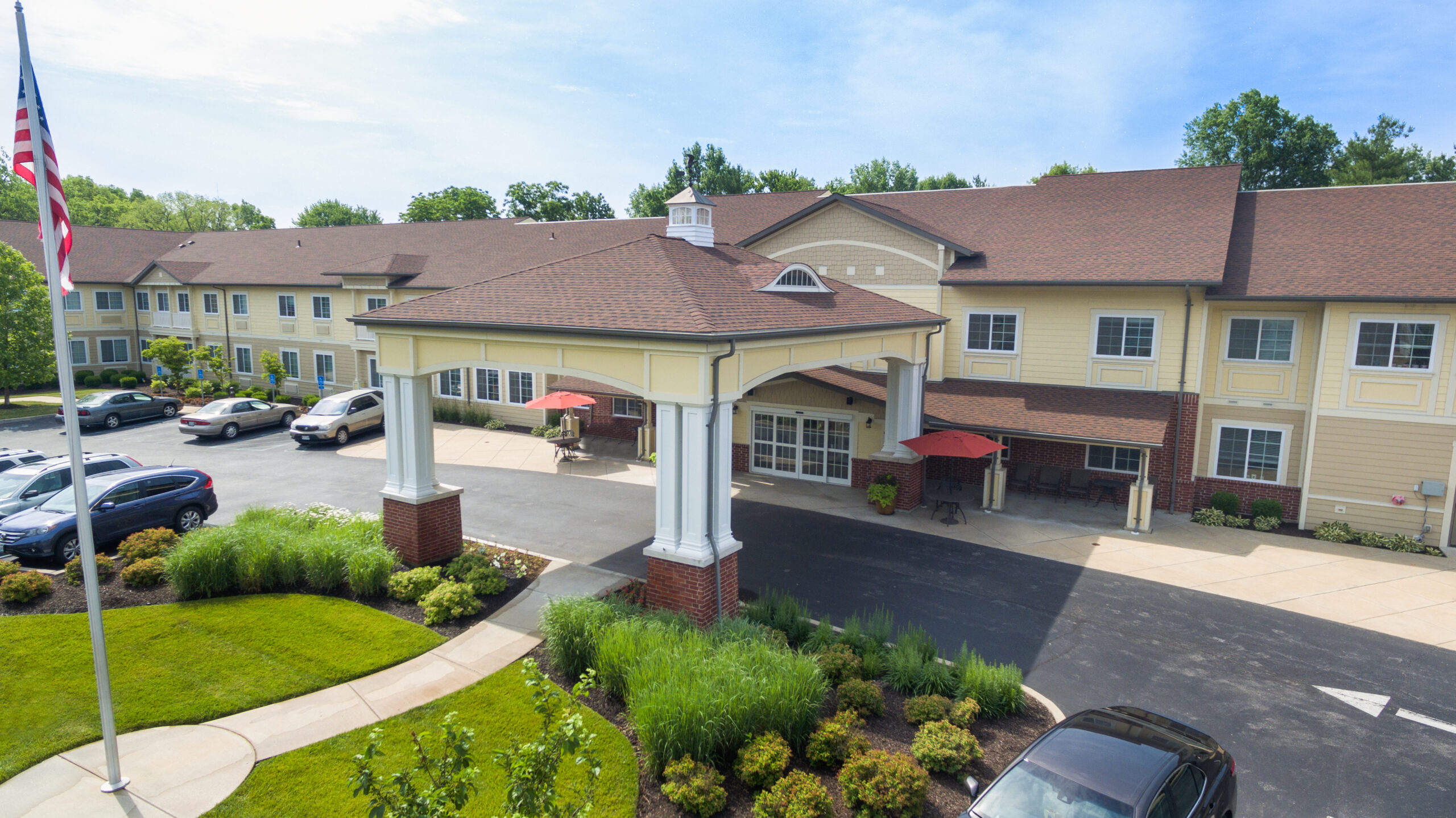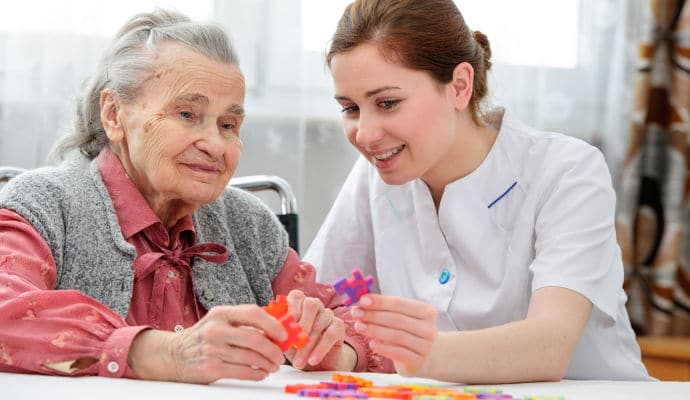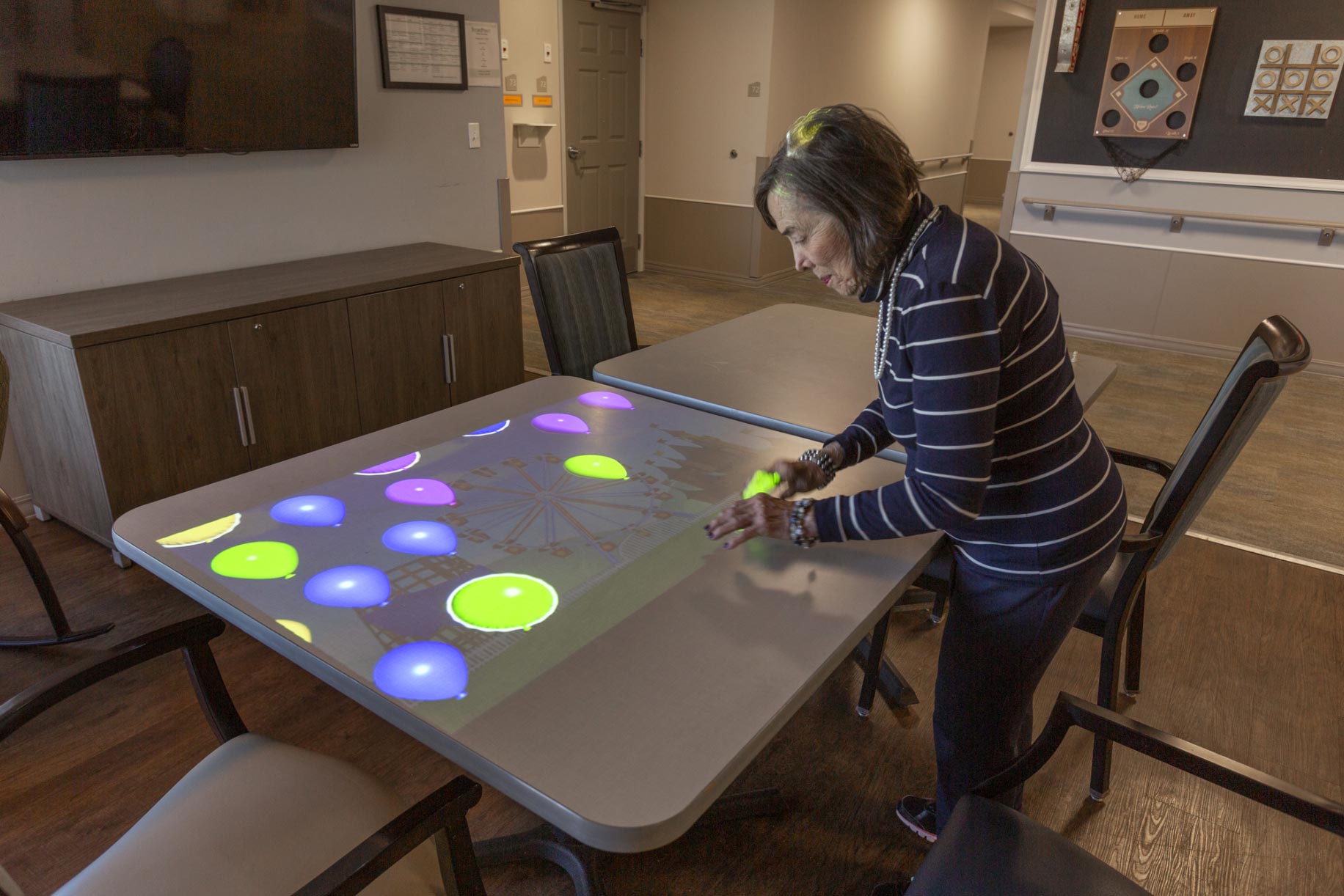Specialist and Dedicated Providers for Alzheimers Care Charlotte Residents
Specialist and Dedicated Providers for Alzheimers Care Charlotte Residents
Blog Article
Developing a Safe and Supportive Setting for Alzheimer's Treatment
The creation of a secure and supportive environment for individuals with Alzheimer's is extremely important in boosting their top quality of life. This involves not just physical adjustments within the home, such as reducing risks and including familiar elements, however additionally the implementation of organized routines and meaningful activities that deal with their cognitive needs. Recognizing the mental and emotional dimensions of treatment can significantly influence their feeling of safety and link. Discovering these complex methods can expose crucial insights into efficient caregiving approaches that may change the daily experiences of both caretakers and individuals.
Understanding Alzheimer's Needs
Frequently, individuals with Alzheimer's condition show a variety of demands that call for customized techniques to care. As the problem advances, cognitive decrease shows up in numerous means, affecting memory, thinking, and even the capacity to perform everyday tasks. Caretakers have to recognize these developing requirements to supply proper support and ensure a higher quality of life for those influenced.
One essential element of comprehending Alzheimer's requirements is acknowledging the relevance of routine and familiarity. People commonly locate convenience in established patterns, which can reduce anxiousness and confusion. Caregivers must strive to produce organized daily timetables that include purposeful activities lined up with the person's capabilities and passions.
In addition, effective communication is paramount. People with Alzheimer's may battle to share themselves or comprehend intricate language. Caregivers must employ basic, clear language, usage non-verbal signs, and method energetic paying attention to cultivate understanding and connection.
Caregivers must motivate interaction in area tasks or household gatherings, promoting a sense of belonging and function. Comprehending these diverse requirements is necessary for creating an encouraging treatment environment.
Creating a Safe Home
Developing a risk-free home for individuals with Alzheimer's illness is important to decreasing threats and promoting independence. The design of the space need to prioritize security while enabling personal convenience. Remove possible hazards such as loose rugs, sharp objects, and mess, which can lead to drops or accidents. Guarantee that pathways are clear and well-lit, as proper lighting decreases disorientation and boosts movement.
Integrating flexible features is additionally essential. Mount grab bars in shower rooms and near stairs, and consider utilizing non-slip floor coverings in wet locations. Additionally, utilizing different colors for walls and floorings can aid in identifying spaces, helping to reduce confusion.
Familiarity is essential for people with Alzheimer's. Customizing the environment with acquainted things and photos can strengthen a sense of belonging and safety and security - Alzheimers Care Charlotte. It is also valuable to have actually a marked location for daily tasks, such as analysis or crafting, which can give structure to their day
Last but not least, applying a secure outdoor room permits risk-free expedition while linking with nature. By thoughtfully making the home environment, caretakers can dramatically boost the high quality of life for people coping with Alzheimer's illness.
Enhancing Communication Skills

Non-verbal interaction, including face expressions, motions, and touch, plays a critical duty in sharing compassion and understanding. Maintaining eye contact and a tranquil demeanor can improve the comfort degree of the individual, advertising a sense of security.
Furthermore, it is essential to you can check here practice energetic listening. This includes being fully existing, showing perseverance, and allowing the person to share themselves without disruption. Repetition may be needed; caretakers must be prepared to take another look at inquiries or subjects, as people with Alzheimer's might struggle with memory recall.
Furthermore, utilizing aesthetic aids or cues, such as pictures or familiar items, can help with acknowledgment and interaction. Eventually, enhancing communication skills has to do with developing trust and creating a setting where people feel heard, valued, and comprehended, therefore enriching their lifestyle.
Encouraging Social Communication
Cultivating purposeful social communications can greatly enhance the wellness of people with Alzheimer's illness. Involving with others not just aids fight feelings of isolation however also promotes cognitive feature and emotional health and wellness. Structured social activities, such as team arts, crafts and video games, or music treatment, produce chances for locals to attach with peers and caretakers, which can result in improved state of mind and lowered stress and anxiety.
Creating a welcoming setting that motivates socialization is essential. This can be achieved by arranging public spaces that facilitate interaction, such as comfortable seating areas or activity rooms. Additionally, integrating culturally appropriate and familiar activities can motivate and trigger memories participation, allowing people with Alzheimer's to really feel more linked to their previous experiences.
Furthermore, caregivers should be educated to acknowledge and promote social engagement among citizens. Easy gestures, such as starting conversation or helping with tiny seminar, can aid individuals feel valued and included. Consistently set up get-togethers he said must correspond yet flexible, accommodating differing levels of capability and passion. By prioritizing social interaction, we can significantly improve the lives of those dealing with Alzheimer's, promoting a sense of community and belonging.
Supporting Caregiver Health

To support caregivers, organizations should provide routine training and educational resources to boost their understanding of Alzheimer's disease and caregiving strategies. Giving access to reprieve treatment services permits caretakers to take essential breaks, decreasing stress and tiredness - Alzheimers Care Charlotte. Additionally, promoting an area with assistance teams can facilitate psychological sharing and Home Page the exchange of sensible recommendations among caregivers, creating a network of shared assistance
Psychological health resources, such as counseling services, can also be essential in resolving the emotional toll caregiving can take. By focusing on caregiver health, we create an even more sustainable caregiving environment that not only benefits the caretakers themselves but additionally boosts the general quality of treatment gotten by individuals with Alzheimer's. Eventually, sustaining caretakers is a necessary part in fostering a effective and caring treatment setting.
Final Thought
To conclude, the development of a helpful and risk-free atmosphere for individuals with Alzheimer's is important to improving their lifestyle. By focusing on safety with thoughtful design, fostering psychological health with acquainted components, and promoting involvement through structured routines, caregivers can considerably affect the total experience of those impacted by this condition. Furthermore, supporting caregiver well-being is essential, as it ultimately contributes to a much more effective and compassionate treatment setting.
Repetition might be needed; caretakers need to be prepared to review questions or subjects, as individuals with Alzheimer's might struggle with memory recall.

Report this page